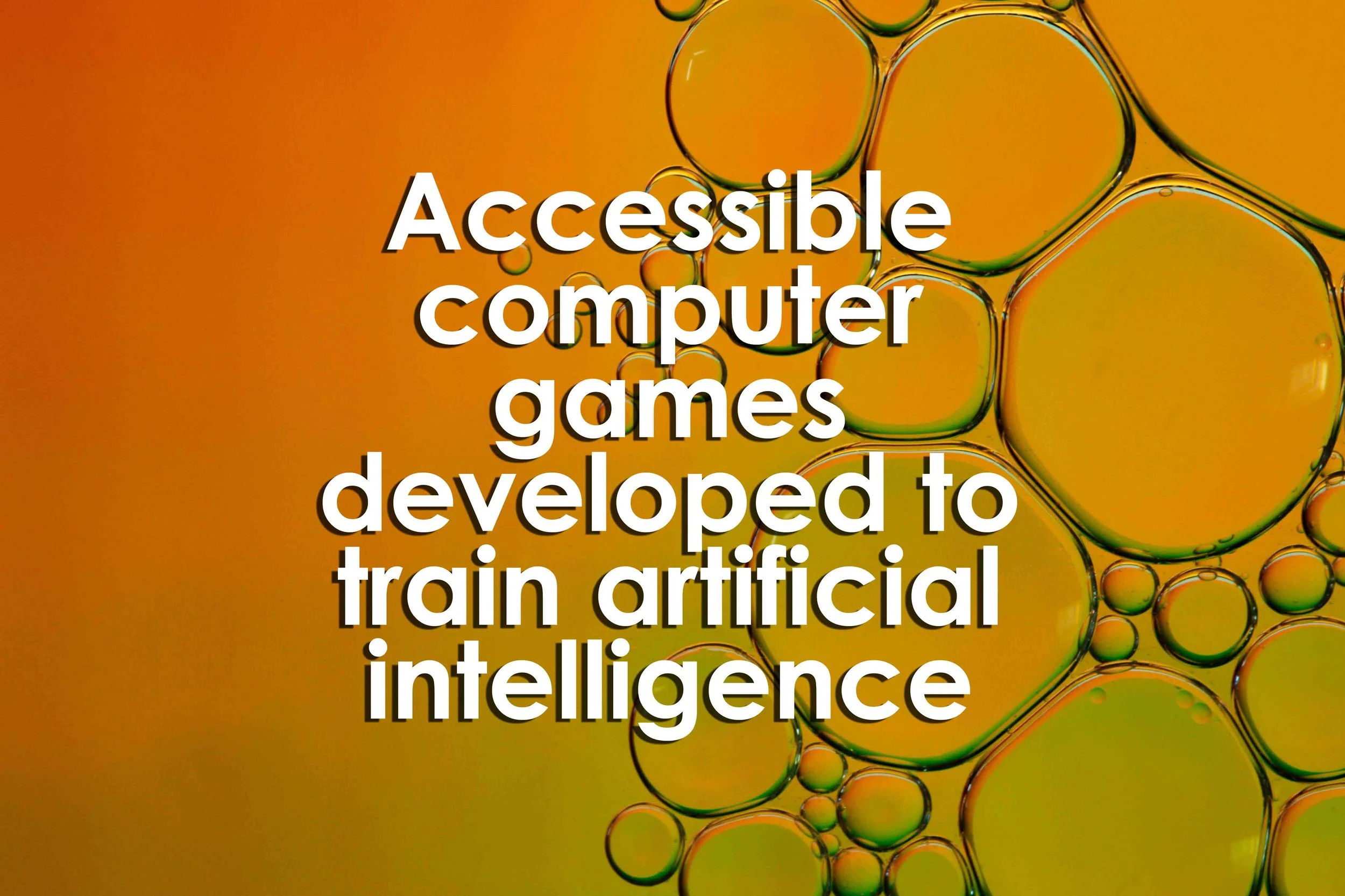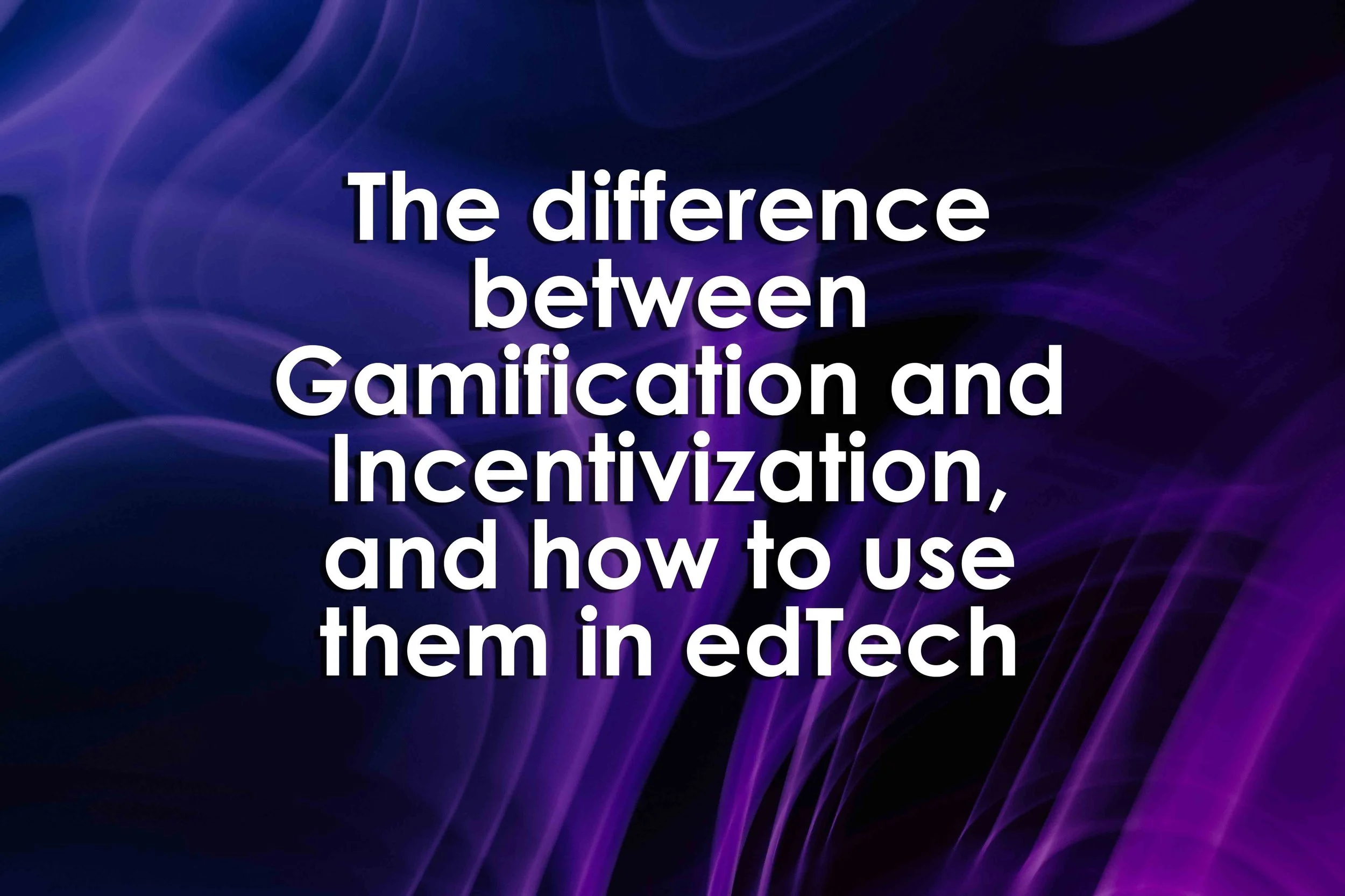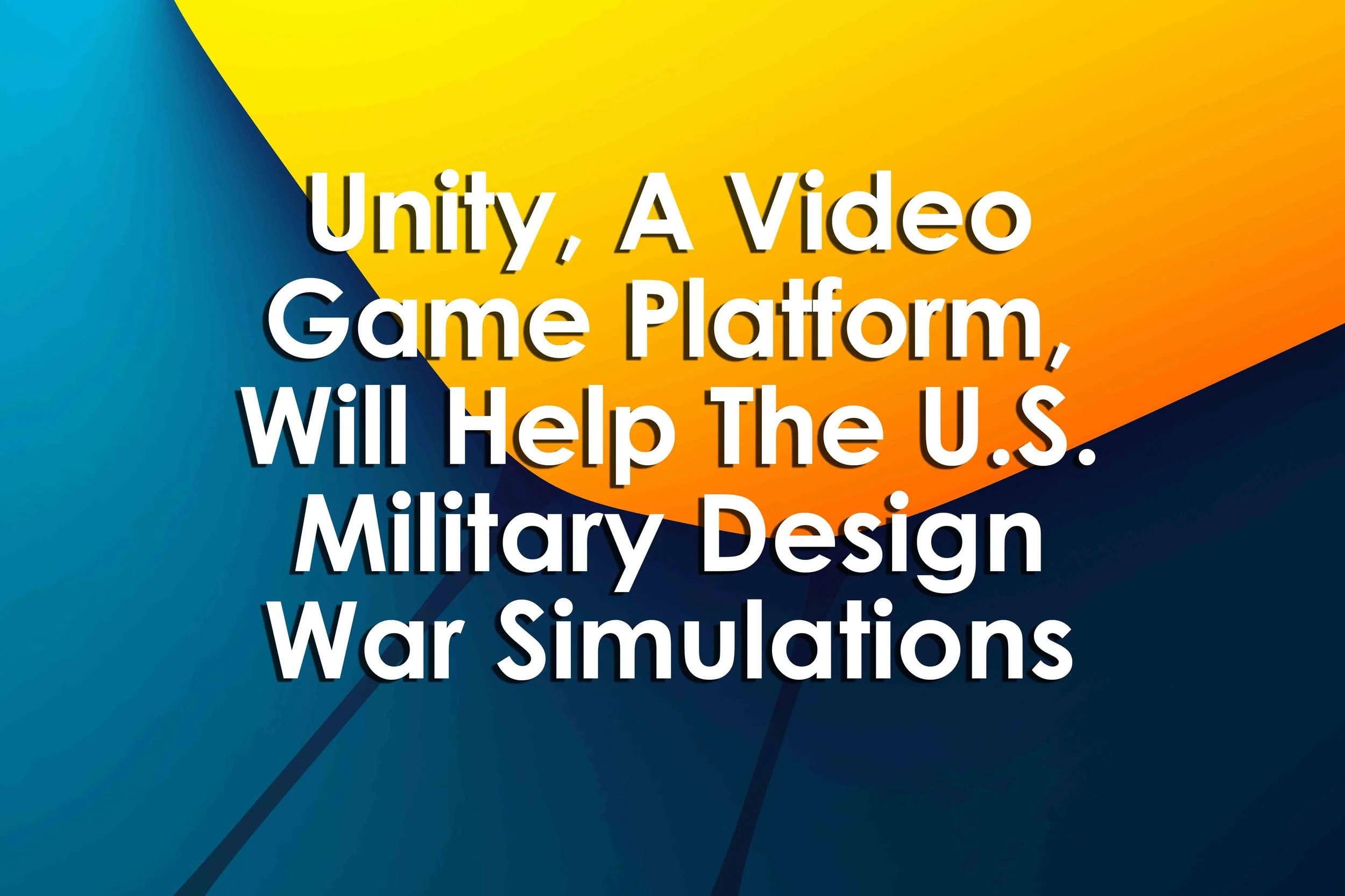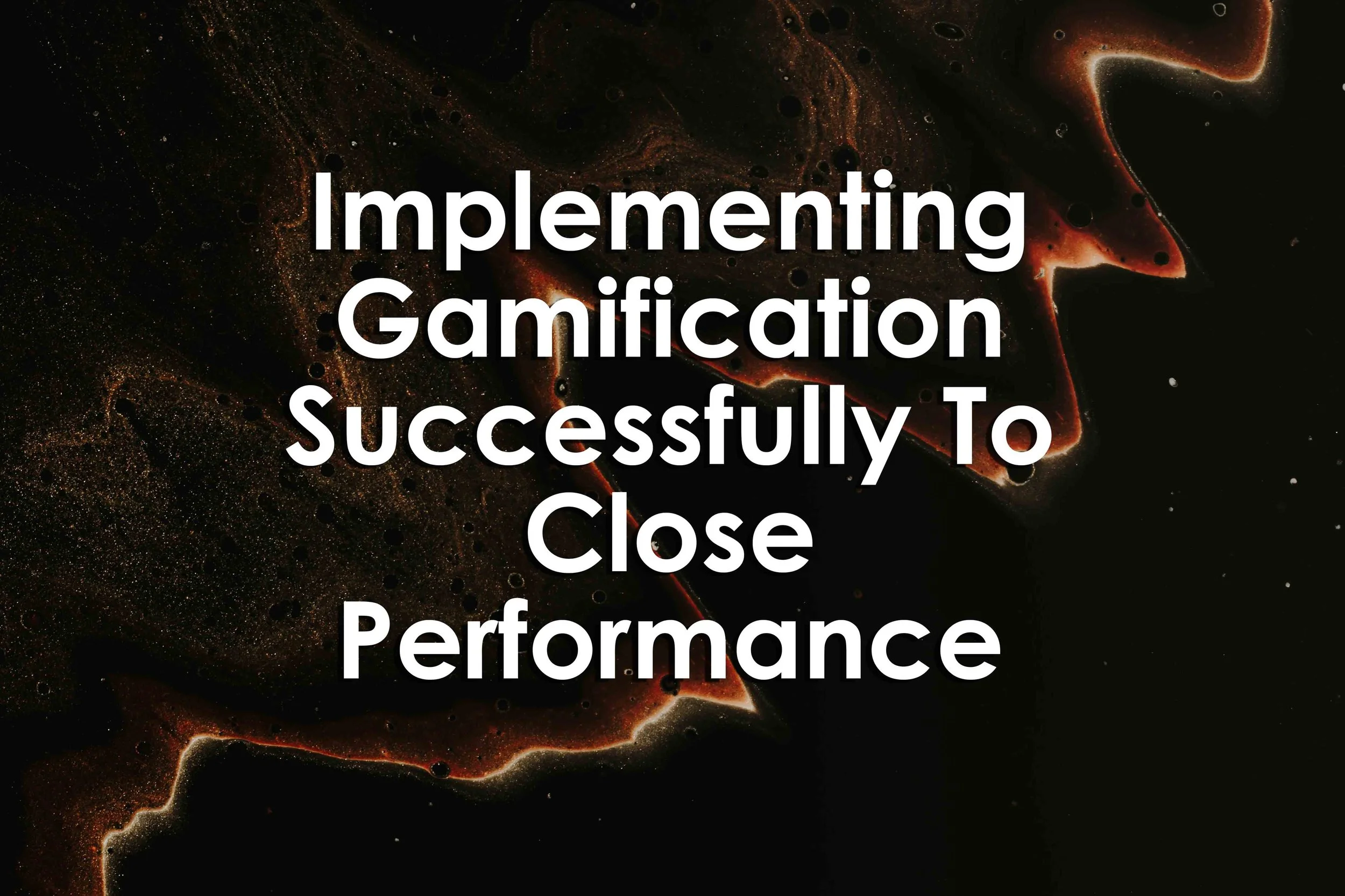It's no surprise that gaming and play are informing new business models and shaping the future of work in all kinds of settings. The future of hybrid work is changing, and adding virtual reality into the mix of remote and in-office collaboration can create a new, dynamic workspace that gives businesses the best of both worlds.
Read More"Many computer games are expensive and require a lot of data and power. We need games that require little computing power to train algorithms in industrial environments," says Per-Arne Andersen, assistant professor at the University of Agder's Department of ICT. He recently earned his PhD with a thesis on how artificial intelligence in computer games can function well even if there is not much computing power.
Read MoreIn an attempt to get you to learn daily Duolingo encourages you to keep a learning streak. While you won't find certificates in games, they are a ubiquitous part of learning. Making sandbox learning environments is difficult - no two ways about it! Unlike most e-learning, where there is no set learning path.
Read MoreNew research suggests that gamified education can help students to improve spatial reasoning skills. The study from the University of South Australia showed that regular use of Makers Empire - a gamified 3D computer-aided design program - can significantly improve spatial reasoning skills in up to 85% of children.
Read MoreWhat if things were different? This is where a new breed of games comes in: play-to-earn games. With NFT-driven P2E games - also known simply as "Crypto games" - players now have the opportunity to take real ownership of their in-game assets, which P2E game developers mint as NFTs on the blockchain.
Read MoreI learn, play, and host tabletop games regularly. I have a group that I play with consistently. Members in my regular group include seasoned Eurogame hobbyists; experienced board gamers; and entry level players. I’ve hosted and taught a vast variety of different tabletop games over the years. I’ve participated in tournaments and have dropped into endless casual board game gatherings. Over time I’ve noticed some things throughout these different venues that make the “ideal” tabletop player.
Read MoreWith Ofcom revealing six in ten children played games online in 2021, what might the use of video gaming in the classroom look like to engage students with a model they're already invested in?
Read MoreWhat are the different blood groups in the AB0 and Rh blood group systems?- What antibodies and antigens occur in the blood of different blood types?- Blood typing - how do you find out to which blood type someone belongs?- Who can receive blood from whom in a blood transfusion?- What happens if someone is given the wrong blood in a blood transfusion?
Read MoreBoard games/indoor games have been depicted in many ancient Indian paintings, sculptures and literature of ancient periods. From the 2nd century BCE onwards, the depiction of the Chaturanga board games became a subject of great interest.
Read MoreStudents, even our youngest students, should be "Playing" at home. Incorporating key elements of play-like wonder, exploration, and student agency-into loosely structured lessons that are gently supported by teachers provides an "Optimal" approach for students, according to the researchers.
Read MoreMore recently, many apps have focused on developing and improving mood and mental health such as headspace and mindfulness skills, but there has been little attempt to develop complex adventure games that support mental health and build psychological flexibility and resilience.
Read MoreUnity Software, the multi-platform gaming engine behind League of Legends, Pokémon Go and Angry Birds, will license its digital simulation technology to assist the U.S military, Bloomberg reported.
Read MoreIn recent years, as it turns out, the concept of gamification, defined as "The use of game design elements in non-game contexts," has received increased attention and interest in both academia and classroom practice with education among the top fields of gamification research.
Read MoreStudents can enlarge their knowledge and learn new things by playing video games. As video games are portrayed in a negative light, you might think that all cognitive functions are affected. How video games can improve learning Apart from boosting memory skills, there are a bunch of other reasons why using video games in education is a good idea.
Read MorePeer-to-peer fundraising on social media is proving to be a powerful tool that can help nonprofits meet their fundraising and awareness goals. There are several ways to optimize social fundraising and one of these is gamification - or, the application of game mechanics such as thermometers, badges, leaderboards and more - in order to nudge people's behavior and drive a higher level of participation.
Read MoreKeep your games simple, easy to understand, and fun to play to build engagement and enhance performance. Goals are an inherent part of the sales process; why should games be different? Whether it's to win money, own all the properties, or capture the king, well-crafted games have goals-and several challenges to overcome to reach them.
Read MoreA group of second and third graders at New Century School played a hand in helping develop the video game for PBS Wisconsin Education. Teachers Larry Gundlach's and Courtney Bennett's classroom joined 18 other classrooms across Wisconsin involved in testing out the free online video game, which is based around shipwrecks and maritime archaeology.
Read MoreIn recent years, as it turns out, the concept of gamification, defined as "The use of game design elements in non-game contexts," has received increased attention and interest in both academia and classroom practice with education among the top fields of gamification research.
Read MoreAlthough most people consider card games to be just another pastime activity, studies indicate that playing card games can offer numerous educational, emotional as well as psychological benefits, ranging from improved math skills to an increased sense of self-esteem.
Read MoreSince eighth grade, Zoe Hubbard has known she wanted to design video games, but not for late-night bouts of "Fortnite" or "League of Legends." Hubbard, a May 2022 graduate of Renaissance High School in Franklin, wants her games to help people with Alzheimer's disease, dementia, ADHD and other brain-based conditions.
Read More




















